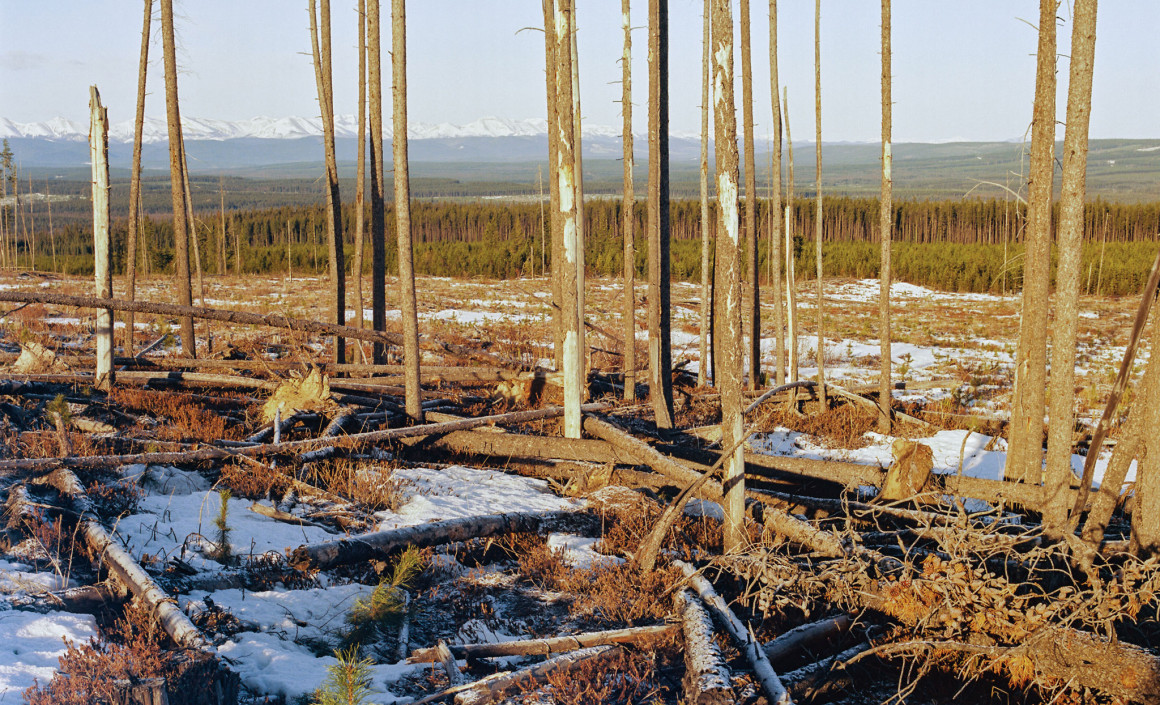
NDP have a chance to protect our environment
By Sean Willett, June 4 2015 —
Electing our first new government in decades means there will be changes — in education, our economy and even our province’s public image. But few are asking what our new government may mean for one of our most important resources — the environment.
The list of ecological issues facing the province is long and troubling. Habitat loss due to forestry and energy development has decimated the populations of many species, in particular the province’s few remaining woodland caribou. A controversial wolf cull has been in place over the past decade to keep these caribou on life support, but with no efforts to begin restoring their fragmented habitat.
The oil sands are another issue altogether. Their development causes large-scale environmental disturbances, using massive amounts of water and expelling equally massive amounts of greenhouse gases. Tailing ponds also represent a threat to wildlife, particularly Alberta’s many species of waterfowl.
Meanwhile, invasive species like zebra mussels and Prussian carp are making their ways through our rivers and lakes, while mountain pine beetles continue their slow march eastward. The bat killing white-nose syndrome is knocking on Alberta’s door, and the recent spread of the deadly Batrachochytrium fungus in Europe is causing North American ecologists to fear for the continent’s already declining amphibian populations.
Alberta, like the rest of the world, is facing massive ecological problems. This isn’t new. But our government is. The province is now led by a party with the potential to take these problems seriously.
The Alberta New Democratic Party made several promises during their campaign to address some of the province’s environmental concerns. These included expanding the use of green energy sources, investing in public transit and strengthening the province’s environmental standards. But these campaign points fail to address many of the specific ecological issues currently facing the province.
There is hope the NDP is different and that they will begin taking serious measures to protect Alberta’s damaged ecosystems. But this is far from a sure thing.
In order to properly address many of these problems, unpopular decisions will have to be made. Stopping the wolf cull would require completely ending forestry and energy activity in large parts of Alberta in order to ensure the recovery of caribou. Closely monitoring oil sands and tailing ponds will require tighter regulations at the expense of energy companies already unimpressed with the promised corporate tax hikes. Dealing with invasive species would probably mean limiting boat access to many rivers and lakes in Alberta and stopping pine beetles will require expensive controlled burns.
Caves that house bat roosting sites might have to be closed year-round to stop white-nose syndrome, and the amphibian pet trade in Alberta would have to be heavily monitored by the government in order to keep the province free of Batrachochytrium. These are all tough calls to make for a government that already has many naysayers and a lot to prove.
But if the NDP really wants to meet their platform promise of a healthier environment, these are all decisions that will have to be made. And unlike the PC party before them, the NDP may be willing to step on a few toes for the benefit of the environment. They’ve already promised to stand up to the energy sector to benefit the economy, something the PC party rarely did.
New measures to protect our environment will only happen if the NDP knows they have the support of Albertans. Voting them in was a good first step, but don’t let it end there. Contact your MLA and let them know you want to see an end to Alberta’s wolf cull or that you’re worried about the province’s bats. If the government knows people care about these ecological issues, they are all the more likely to try and solve them.
